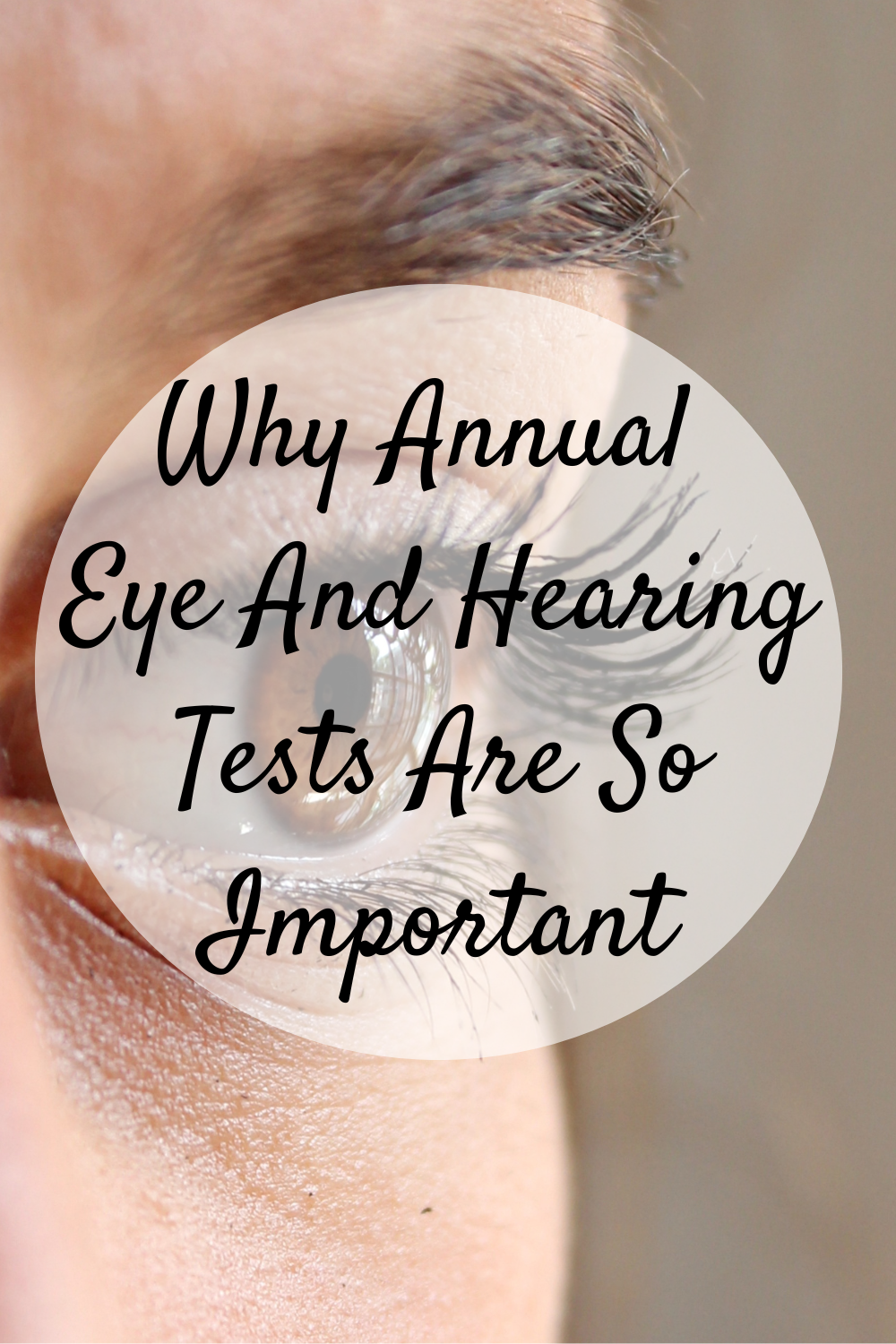
Annual eye and hearing tests are critical components of maintaining overall health and well-being. These tests are often overlooked, yet they play a vital role in early detection and management of various conditions that can significantly impact quality of life. Here’s why regular eye and hearing examinations are essential.
Early Detection of Problems
One of the most compelling reasons for annual eye and hearing tests is the early detection of potential problems. Many eye conditions, such as glaucoma, cataracts, and macular degeneration, develop slowly and can go unnoticed until they significantly impair vision. Regular eye exams can catch these issues in their early stages when they are most treatable. Similarly, hearing loss can progress gradually, and individuals may not realize they are experiencing a decline in hearing. Annual hearing tests can identify hearing loss early, allowing for timely intervention and the use of hearing aids or other assistive devices.
Prevention of Further Damage
Early detection through regular testing can prevent further damage. For instance, untreated eye conditions can lead to irreversible vision loss. Glaucoma, known as the “silent thief of sight,” can cause permanent damage to the optic nerve before noticeable symptoms arise. Regular eye exams can help manage intraocular pressure and prevent severe vision impairment. Similarly, early detection of hearing loss can prevent further auditory damage. Untreated hearing loss can lead to social isolation, depression, and cognitive decline. Hearing aids and other interventions can help preserve hearing and maintain quality of life.
Monitoring Changes Over Time
Annual eye and hearing tests provide a baseline to monitor changes over time. Eye health can be influenced by various factors such as age, genetics, and lifestyle. Regular exams allow optometrists and ophthalmologists to track changes in vision and eye health, making it easier to identify trends or new issues. Similarly, audiologists can monitor hearing ability over time, noting any gradual decline or sudden changes. This ongoing monitoring and the value of ongoing hearing management is crucial for adapting treatment plans and ensuring optimal care.
Impact on Overall Health
Eye and hearing health are closely linked to overall health. Many systemic conditions, such as diabetes, high blood pressure, and cardiovascular disease, can affect vision and hearing. For example, diabetic retinopathy is a common complication of diabetes that can lead to blindness if not managed properly. Regular eye exams can detect signs of systemic diseases, prompting further investigation and management. Hearing loss is also associated with other health issues, including cognitive decline and increased risk of falls. By maintaining eye and hearing health, individuals can improve their overall health and well-being.
Quality of Life
Vision and hearing are critical senses that significantly impact quality of life. Good vision is essential for daily activities such as reading, driving, and recognizing faces. Hearing is crucial for communication, social interactions, and enjoying various forms of entertainment. Regular eye and hearing tests ensure that any issues are addressed promptly, helping individuals maintain their independence and quality of life. For children, these tests are particularly important for their development and academic performance, as undiagnosed vision or hearing problems can hinder learning and social interactions.
In conclusion, annual eye and hearing tests are crucial for early detection, prevention of further damage, monitoring changes, and maintaining overall health and quality of life. By prioritizing these tests, individuals can ensure they catch potential problems early, receive timely treatment, and enjoy a better quality of life. Regular eye and hearing exams are an investment in long-term health and well-being.





